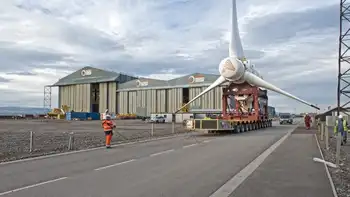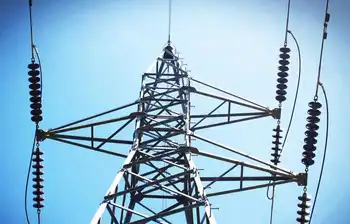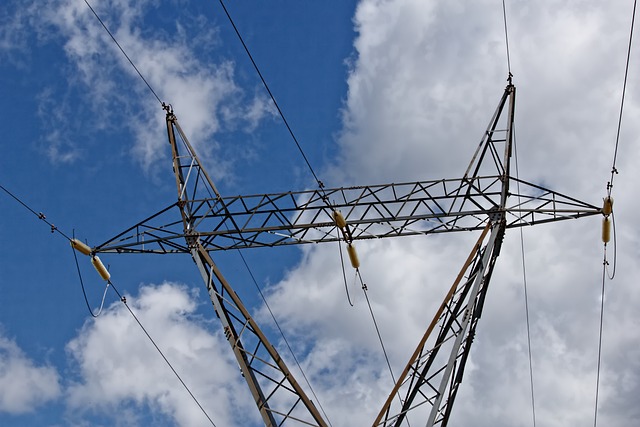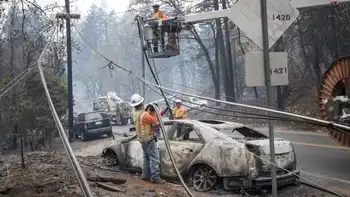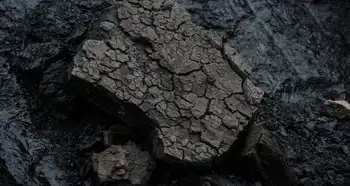Canada and U.S. to work on clean energy
By Toronto Star
Protective Relay Training - Basic
Our customized live online or in‑person group training can be delivered to your staff at your location.

- Live Online
- 12 hours Instructor-led
- Group Training Available
A White House official confirmed the agreement shortly after Obama arrived on Parliament Hill, kicking off his first foreign trip as president.
The deal will see Ottawa and Washington work together on projects like carbon capture and storage and smart electricity grids, which send power using digital technology, the U.S. official said.
Natural Resources Minister Lisa Raitt said the two leaders discussed how to tackle climate change, but would not provide details.
She said work needs to be done on how to "commercialize" and "make utilizable" carbon capture technology because both countries burn fossil fuels.
Raitt said the "(Alberta) oil sands are what the oil sands are. You have to develop the oil sands in a responsible way. It's not about selling it. The reality is it's there. It's about using it in a responsible way and mitigating the effects."
She stressed the oil sands are a small part of the equation overall, amounting to just 0.5 per cent of Canada-U.S. Greenhouse gas emissions combined.
Raitt said it was time for a "rational conversation" between two countries with a shared border about a broader range of energy and environment issues, and said those discussions are happening already.
Canada has staked its climate change success on capturing greenhouse gases before they escape into the atmosphere and pumping them into geological formations underground. The emerging technology could be particularly promising for mitigating pollution from AlbertaÂ’s oilsands, though critics say it is counterproductive because large amounts of energy are required to push the emissions below ground.
Obama has promoted carbon sequestration and clean coal technology as a solution to its carbon intensive coal production.
In an interview with the CBC ahead of his trip to Canada, Obama said that technology was the “solution” to the challenge in both countries of protecting the environment and growing the economy.
“I think to the extent that Canada and the United States can collaborate on ways that we can sequester carbon, capture greenhouse gases before they’re emitted into the atmosphere, that’s going to be good for everybody,” he said.
“Because if we don’t, then we’re going to have a ceiling at some point in terms of our ability to expand our economies and maintain the standard of living that’s so important, particularly when you’ve got countries like China and India that are obviously interested in catching up.”





